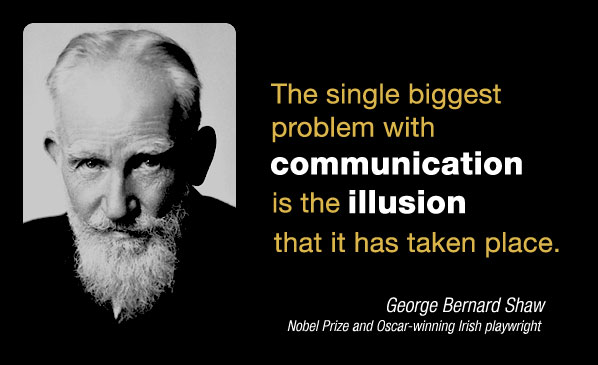The performance of account executives (AEs) can make or break a marketing communications firm. As the person responsible for nurturing relationships and delivering work that gets results, you need to have certain abilities so deeply ingrained in your person that you have no choice but to surrender to them. Luckily, they’re positive attributes, so please go ahead and surrender!
The core skills I’ve identified have a long-lasting impact on the success of your firm and clients. These skills can’t be taught, only built upon.
Like a Boy Scout, you’re prepared
Everyone is busy and it’s tough to keep up with everything. Some people do better than others, and those people inherently maintain a certain level of preparedness, like a Boy Scout. But you’re not a Boy Scout, you’re an account executive, and you’re juggling a lot of projects at once. The keys to being efficient through the chaos are to be organized, knowledgeable, and proactive. If you are, then you’ll be prepared for whatever gets thrown your way.
With your clients, do what’s right for them and be accountable for the work of your firm. How? Know your clients’ business strategies and learn more about their products and services. In both process and communication, know what works for them and what doesn’t. A great AE will ask the right questions to help a project progress smoothly and exceed expectations. Maybe even more important than asking the right questions—ask relevant questions when you don’t understand something. Your creative team is relying on you for information. Clients sometimes assume you know more than you actually do, so don’t fake it; be honest.
Like a website in 2016, you’re responsive
Websites changed drastically with the coming of age of mobile devices. People are viewing sites not only from a desktop monitor or laptop, but also from phones and tablets. Website visuals and text are responsive, meaning they shift and adapt to best suit the device on which they are being viewed. As an AE, you should be responsive too! Shift. Adapt. Know how your clients prefer to communicate and respond promptly. It is your job to hit “reply” after you read that email or pick up the phone when your voicemail light is blinking. Good AEs give clients quick answers; great AEs show the courtesy of a reply even when uncovering the answers may take time. Being responsive is about having respect for people and understanding that they are connecting with you because they need something important.
Like a master of sign language, you bridge the communications gap
As an AE, you are comfortable with communication. Like a referee, a moderator, or even a master of sign language, you are in control of messages being perceived clearly. Simply put, AEs are liaisons. They communicate internally and externally, sometimes even bringing the creative staff together with clients for the sake of directional certainty.
Perpetual communication is important to reduce the likelihood of a team fumbling its way through a project. The AE must be the communication leader—the promoter of emails, discussions, and face-to-face gatherings. You must understand the issues that your clients deal with, whether it’s slow approvals or lack of resources. Simultaneously, you must work well with your creative coworkers. Sometimes it feels like you’re locked in a medieval torture device with the client stretching you one way while the creatives pull the other. Combat this feeling by providing the best directions possible to your creative staff while allowing them leeway to do what they do best, create! A good rule of thumb is to always communicate why the client requested something as well as what they requested.
Ultimately, AEs are responsible for uncovering key messages from everyone involved in a project. Externally, you need to determine the most important information from what clients tell you, and sometimes from what they don’t tell you. Internally, you need to have an effective way to communicate with people who are different—and likely more creative—than you.
Non-teachable and teachable skills working together
Like an astute football coach appreciates the intangibles of his players, marketing professionals appreciate those of an account executive. They won’t go unnoticed. Pairing the lessons taught in school and on the job with your deep-rooted AE characteristics—preparedness, responsiveness, and communicativeness—should lead you to success. Remember, of course, that you have to watch the budget, deliver on time, and work your butt off too!

